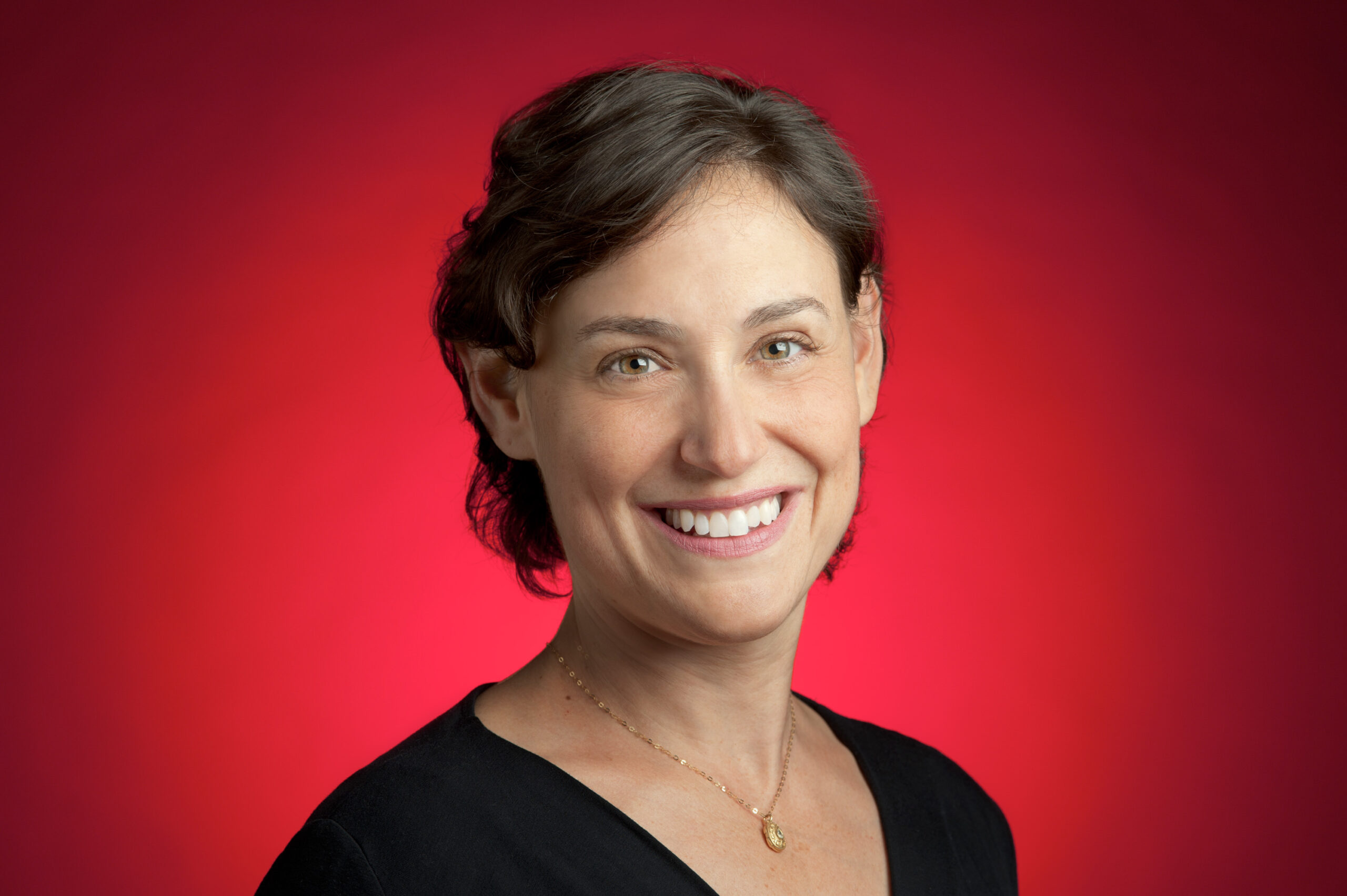With more than 11 million open jobs in the U.S. and employers struggling to fill them, Google is working to narrow that gap while also opening doors to upward mobility for underrepresented Americans. “There is a really urgent need in this country for solutions that are going to equip people with the skills that they need to enter these in-demand high growth, high-paying jobs, regardless of their zip code or their educational background,” says Lisa Gevelber, founder of Grow with Google.
To do that, the tech giant has launched a $100 million fund to help more than 20,000 people go through its training programs for these n-demand skills, providing them with technical training, wraparound services, and career placement support. Ultimately, Google hopes its efforts will deliver $1 billion in wage gains as it works to eliminate barriers for people who don’t have a four-year college degree. Currently, two-thirds of adults in the United States fall into that category.
Google Career Certificates and Supports

Grow with Google is an initiative launched in 2017, providing resources for digital skills training with a commitment to create economic opportunity for all. Gevelber says the programs are based on the premise that “talent is everywhere, but opportunity has not yet been equally distributed.” She adds, “We think it’s a fixable problem and we are setting out to try to fix it.” More than 70,000 people have trained through the certificate program in the last five years.
The Google Career Certificates Fund is a new way to finance the cost of learning new skills for people who might not otherwise be able to afford it. There is no upfront cost to those who qualify and they won’t have to pay back their tuition until they hit an annual salary of $40,000.
Would-be trainees can apply through nonprofit partners Year Up and Merit America to receive training toward a Google Career Certificate in IT support, project management, data analytics, or user experience design. Along with technical skills, the fund covers career placement support and wraparound services, including childcare and transportation costs to people who need it.
Gevelber describes the $100 million fund as “the single biggest philanthropic type investment that Google has ever made” and says what makes it unique is the fact it’s built on a model linked to success rates.
Investment Model is Tied to Success Rates

“The money is going to follow the results,” explains Tracy Palandjian, CEO and co-founder of Social Finance, a national impact finance and advisory nonprofit, which is managing Google’s $100 million investment program. Palandjian says Google’s nonprofit partners, Year Up and Merit America, will only receive a portion of the program costs upfront.
“(The partners) will get additional payments if people graduate from their program and land and keep good jobs,” says Palandjian. “So their incentive is also to make sure they deliver results for the workers,” stresses Palandjian. “We really want to focus on getting the best outcomes for the workers,” adding that other nonprofit training partners are expected to be added this year.
The goal is for graduates to land jobs earning at least an annual income of at least $40,000 upon completing the program. If they don’t meet that threshold, she explains, they don’t pay anything. If graduates do land a job earning at least $40,000, Palandjian says, they would pay roughly $100 a month with no interest for five years maximum.
Those repayments, she explains, would go back into the Google fund to help pay for training for other students. She describes it as student-friendly financing and emphasizes that students pay no upfront costs when they enter the program.
“All we ask of you is to show up, put in the hard work, and commitment to pursue a new career in the digital economy,” says Palandjian.
Finding a Career in Cybersecurity
A career in the digital economy wasn’t always on the radar for 28-year old Natalie Burns, but that changed after she applied to the Year Up program and completed her Google certificate in IT support. Before that, she says she earned an associate’s degree in radiology and tried pursuing a career in the medical field. But Burns discovered it was not her passion and took a job as a retail associate.

Through the Year Up program, she wound up getting a full-time job as a cybersecurity contractor at the company where she did an internship. “Being in the role that I am now in working in cybersecurity and IT, that’s where I see myself staying for a long time if not the rest of my career,” says Burns. “I love it,” she adds. –
Along with a career comes higher wages and more stability. “I’m able to have a savings account which was a foreign concept to me because every dollar I got before went to something so there was never any room to save anything so now I have the ability to do that,” explains Burns.
She says she is now planning to earn a bachelor’s degree in cybersecurity, a field that is expected to grow 33% between 2020 and 2030, according to the Bureau of Labor Statistics.
Burns stresses that she also wants to encourage more women to enter IT and STEM. “I know that fear stops a lot of us from even trying to go into new things so I would like to encourage other women, especially Black girls to kind of like push past that fear and be brave enough to step into a new zone that they are not used to,” stresses Burns.
Getting people to step into new zones, as Burns calls them, is what Google is hoping to do withs its skills training program to expand economic opportunity.
“If we can help people get the skills they need for these jobs, it’s a win for everyone.” stresses Google’s Gevelber. “ It’s a win for the individual who gets a shot at a better paying job in a fast growing field. And it’s a win for American companies because they really need people who have these skills to fill these jobs.”











